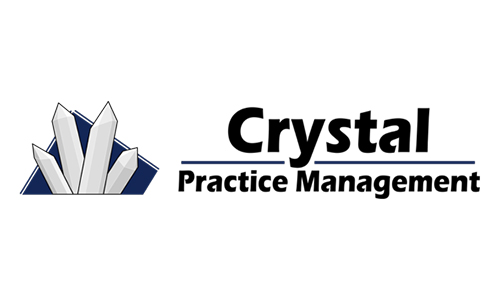Reasons Optometry Practices Outsource
By Melissa Jacobson, Operations Manager
While there are many reasons optometry practices outsource, it’s never an easy subject to discuss with staff.
When the subject of outsourcing comes up, the office mood can tighten. Staff can feel threated as they wonder, Will my role be eliminated? Am I not doing a good enough job?
In some cases, the job simply isn’t getting done, and outsourcing every aspect of the function is a necessity for practice survival. High staff turnover can create lapses in billing or credentialing.
But outsourcing doesn’t have to be an all-or-nothing strategy: Many practices outsource elements of their revenue cycle management (RCM) while keeping other tasks in house.
It all depends on what your practice needs.
Here are some of the reasons optometry practices outsource a piece of their RCM:
1. STAFF WEAKNESSES
Identifying and then admitting weakness is not an easy thing to do.
But if you’re honest, your practice likely has an area that could be strengthened. Maybe you’ve wanted to implement an eligibility-and-benefits verification system because you know it would minimize billing surprises for both your practice and the patient.
But does your staff have the extra hours in the day to make the necessary calls?
Often practice staff struggle to complete all their tasks – welcoming patients, managing office visits, and keeping on top of the immense workload of submitting claims (and chasing down claims that are aging). This is one of the many reasons optometry practices outsource part of their RCM.
Consider asking, “What area of my practice is slacking?” And “Might outsourcing help?”
Rather than hiring a new staff member to take on that role—which would include overhead, training, and the possibility of turnover once he or she has been trained—an outsourcing partner can become a seamless part of your team.
2. GAPS IN EXPERTISE
Insurance billing is complicated. Regulations and policies are constantly changing. Failing to stay on top of those changes can lead to documentation errors. Which means more claims may be rejected. Payments can be delayed. And your AR can suffer.
An outsourced billing expert’s one and only job is to understand every angle of RCM—whether it’s credentialing, insurance billing or E&B. Because they know the ins and outs, they are less likely to make mistakes. Thus, there’s a reduction in claim denials. Cash flow isn’t backed up in the back-and-forth between the patient, office and insurance payors.
3. PATIENT NEEDS
Patients return to doctors most often when they feel cared for.
That care begins the moment the patient walks through the door. Typically, front desk staff are pulled between meeting the patient’s needs and the demands of billing. This is especially true of smaller practices where one person is responsible for everything. When the front of desk is bogged down in billing details—stuck on the line with Medicare, for instance—that’s valuable time taken away from creating a positive experience for patients.
Outsourcing is one way to allow your practice to get back to the core of your business: caring for patients. And when patients are cared for, they likely will refer you to others.









